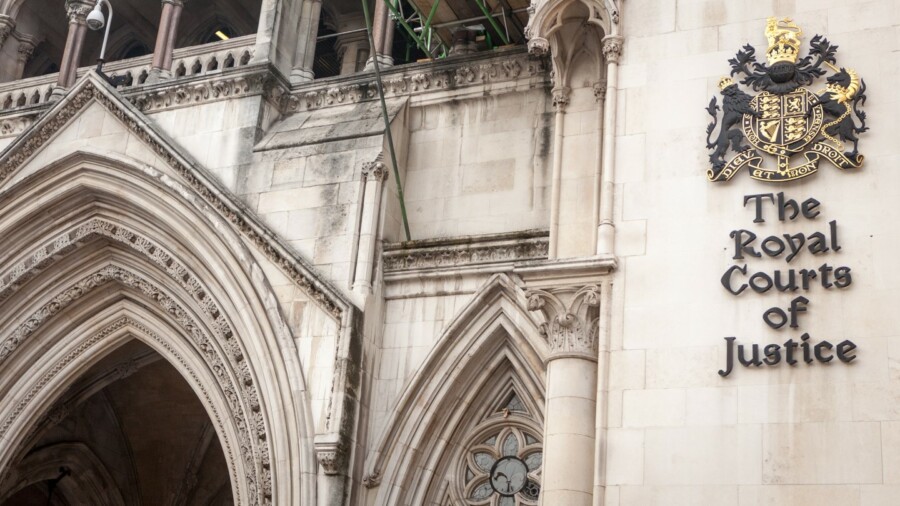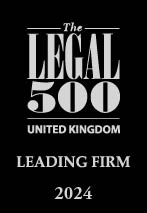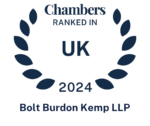Children’s Commissioner Report Finds Seven in Eight Victims are not identified
The Children’s Commissioner released her report in November 2015, into “Protecting Children from Harm: A critical assessment of child sexual abuse in the family network in England and priorities for action”.
The report has gathered a large collection of evidence, including from adult survivors of abuse, police forces, social services, voluntary sector organisations and a review of academia, in what it considers is the largest analysis of data on child sexual abuse in and around the family in England.
Scale of abuse
One of the report’s conclusions from the evidence is that only around one in eight victims of sexual abuse come to the attention of social services, the police, and other statutory authorities.
It finds that between April 2012 to March 2015, there were between 400,000 and 450,000 victims of child sexual abuse.
Another key finding is an estimation that abuse within the family is likely to account for around two thirds of all child sexual abuse, and that sexual abuse within the family is most likely to occur at around the age of nine.
Underreporting
This scale is far higher than is being dealt with effectively by authorities. It highlights that in a recent survey of adults who had experienced abuse, 70% had not reported the abuse to the police (1).
The report identifies that authorities are too reliant upon children, young people and adults approaching them to report abuse, and acknowledges that this is not effective.
It identifies that sufferers of abuse who are of Black, Asian and Minority Ethnic backgrounds are likely to face higher barriers in reporting the abuse, as well as those who suffer abuse and also have a physical or learning disability, as set out in my colleague’s recent blog.
Failures in identification
The report commends the high levels of commitment amongst professionals who work with children on a day-to-day basis, but recognises the importance of professionals accessing sufficient and appropriate training in how to identify potential sufferers of abuse. For example;
“It seems to me that all professionals working with vulnerable children and children at risk of any kind need to have clearer training input around what child sexual abuse can look like. It rarely looks like a clear disclosure. To be honest, most professionals can deal with a disclosure fairly easily. It is about how you deal with all those other things which are in the land of grey area, where there are lots of concerns about sexual abuse but no one is saying anything”. Children’s charity
The recommendations
The report recommends that:-
Government
- Implement of a strategy to prevent child abuse across all departments
- Strengthen the duty of care of professionals have to children and young people
- Better coordinate current programmes to assist early intervention in child sexual abuse cases
Schools
- Introduce compulsory lessons around healthy relationships
- Adopt a ‘whole school’ approach to child protection; train and support all staff in how to approach a disclosure of abuse
- Train and support all staff to identify the signs and symptoms
Police
- When conducting Achieving Best Evidence interviews, they always be undertaken with an intermediary, or suitably qualified child psychologist
- Ensure that from initial disclosure, children receive an holistic package of support to help them recover from their experiences, including therapy
- Consider how they and social workers work together, to ensure the minimisation of re-traumatisation
Home Office
- Should ensure police force compliance with data reporting on these crimes
- Should ensure timely and proportionate intervention to reduce reoffending of children and young people with harmful sexual behaviours.
Government response
David Cameron has responded to the report by announcing that local authorities’ social services failing to protect children and young people will be removed from direct local authority control. Instead, they will be taken over ‘immediately’ by high performing local authorities, by charities, or by experts in child protection.
Whilst it is clearly imperative that all local authorities be led and managed by competent, well-trained teams, this does not appear to in any way address the competencies, training or support of those staff who work on the ground with children and young people. Nor, as far as I can see, does it assist survivors of child sexual abuse in being any more likely to be identified; leaving seven in eight continuing to remain unknown to services which could offer support, belief, and a chance to rebuild their lives and their futures.
In practice
Understandably people that have suffered child sexual abuse find it very difficult to disclose what has happened to them, especially if they feel that they will not be believed. This is too often the case when I talk to new enquiries about approaching the police. My colleagues and I are sometimes the first people to whom survivors disclose their abuse.
It is unacceptable that even with so much more ‘supposed’ awareness of the prevalence of child sex abuse that so many professionals can be reticent to follow their instincts and discuss their concerns with children and adults whom they suspect as sufferers of abuse. Children, young people and adults who have experienced abuse at the hands of any abuser, will have felt under the authority, power and control of that person, and unsurprisingly, this does not make it an easy thing to disclose to others in positions of power and authority. However, victims of abuse will often attempt to engage with services, or make what could be perceived as a “cry for help”; if someone listened. Given this, the responsibility must fall upon the professionals engaged with people who have suffered abuse, to ensure that these requests for help are not ignored, and to use their judgement in what the report names “proactive enquiry”. It is imperative that these professionals must feel and be supported by their organisations to do so.
The abuse team at Bolt Burdon Kemp work with individuals who have suffered abuse within, and outside the family to support them in obtaining, and to feel that, most importantly, they are believed.
You can read the full report, the summary (pdf), and a version for Young People.
(1) Smith, N, Dogaru, C and Ellis, F. 2015. Hear Me. Believe Me. Respect Me. A survey of adult survivors of child sexual abuse and their experiences of support services. University Campus Suffolk and Survivors in Transition.









